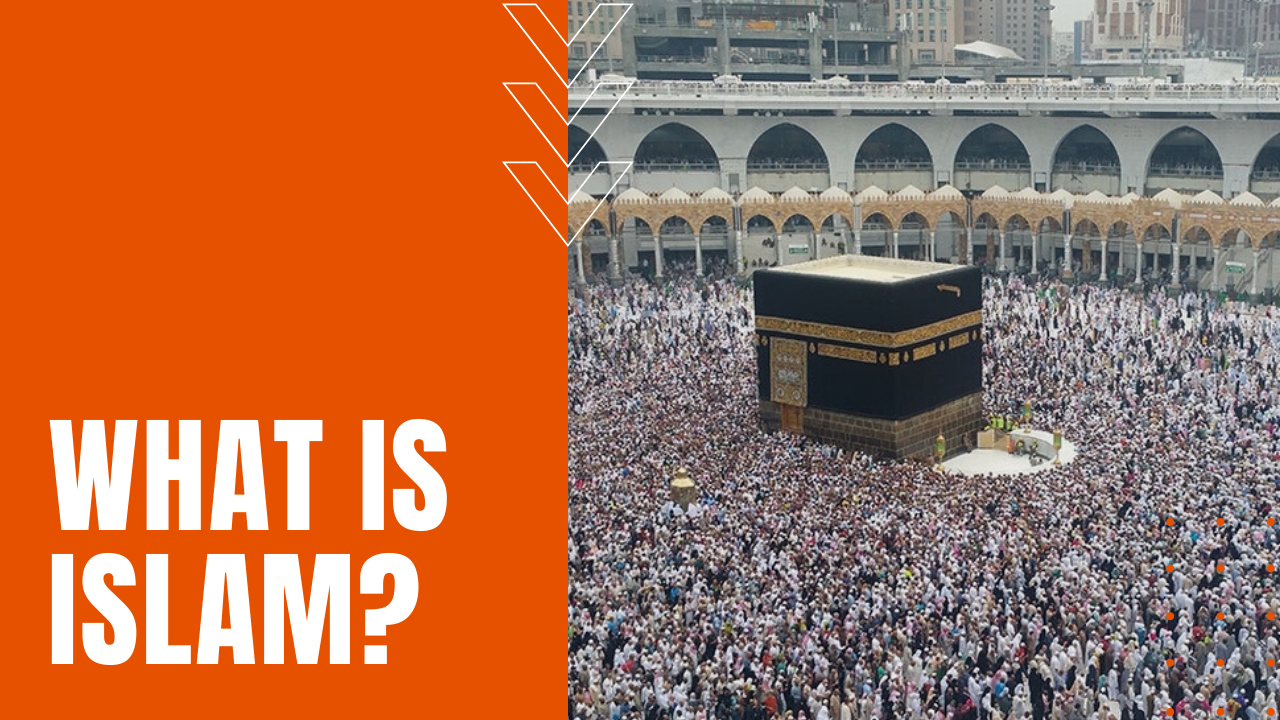What is Islam? Beliefs and Practices

While most religions have multiple denominations based on ideological differences and practice, the basic tenants of Islam profess a belief in the oneness of God, who is the all-powerful and all-knowing creator of all things, absent of offspring, race, gender or physical body—a being unaffected by the characteristics of human life.
Muslim Religion
Muslims also believe in unseen beings or angels, who carry out God’s orders throughout earth and the universe. Islam also maintains that the holy books or scriptures were handed down to God’s messengers over time, including the Quran, which was given to Muhammad, the Torah to Moses, the Gospels to Jesus, the Psalms to David and the Scrolls to Abraham.
What is the Holy Book of Islam?
While earlier scriptures are believed to be divinely revealed to early messengers of God, only the Quran remains as it was first handed down to the prophet Muhammad, sent for all humankind with the message of Islam.
Much like certain beliefs in Christianity, Muslims believe in a Day of Judgement, when upon a Muslim’s death, the deceased will be judged by their actions in life, the good rewarded with paradise, while the wicked descend into hell.
Islam’s last major tenant is the belief that everything is governed by divine decree, and that everything that happens in life is preordained by God. Islam instructs believers that they should respond to the good or bad that befalls them with a sense of thankfulness and patience, and while the specifics of a divine decree cannot be known in advance by any given believer, the concepts of free will and freedom of choice govern a believer’s lifetime of actions, which are then reconciled and accounted for on the Day of Judgement.
Faith, Ramadan and Mecca
A Muslim’s spiritual life is guided by The Five Pillars of Faith, which are the Profession of Faith or shahada, along with prayer or “salat,” which obliges a Muslim to pray five times a day facing Mecca. In accordance with Islamic law, Muslims give a fixed portion of their income by way of alms or “zakat,” which are used to better communities by way of charity.
During Ramadan, which falls on the ninth month of the Islamic calendar, believers fast or “sawm” during daylight hours, abstaining from all food or drink until the sun goes down. The last of the Pillars is Pilgrimage or “hajj,” which instructs every believer whose health and finances permit to make at least one pilgrimage to the holy city of Mecca in present-day Saudi Arabia.
Inside the Haram Mosque—considered the holiest site in all of Islam—is the Ka’ba, a cubical structure covered in black embroidered hangings, which was a Bedouin holy sight prior to the birth of Islam. Dating back to the time of the Prophet Muhammad, believers from all over the world have gathered around the Ka’ba on the eighth and twelfth days of the final month of the Islamic calendar, making the beliefs and practices of Islam the second largest religion in the world today.
